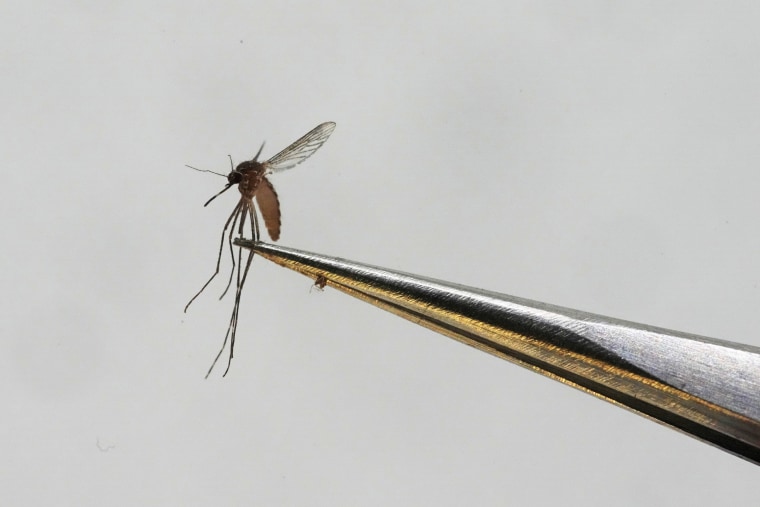“Dengue is something that the Americas need to be increasingly concerned about, but it’s almost a global phenomenon now,” he said.
Countries like Bangladesh are seeing a record number of cases and deaths. The government in the South Asian country has reported more than 313,700 cases and more than 1,600 deaths, the majority of them occurring within three days of hospitalization, according to published data.
The mosquito that carries dengue also has been identified in 22 European countries, with local spread of the disease seen in France, Italy and Spain. In August, the central African country of Chad reported its first-ever dengue outbreak.
Dengue affects some 129 countries, with roughly half the world’s population at risk, according to the World Health Organization. The virus is transmitted mainly by infected female Aedes aegypti mosquitoes, which bites hosts to obtain protein for its eggs. The virus can cause crushing headaches, fever, vomiting, a rash and other symptoms. While most infected people don’t get symptoms, severe cases can lead to plasma leakage and death.

What’s worse, experts say, repeated infections means a higher risk of developing severe dengue.
While the mosquito that carries dengue also spreads chikungunya and the Zika virus, there is less circulation of the other two viruses because of past immunity, Paz-Bailey said, adding that it’s very rare for a mosquito to carry two viruses at once.
In January, the World Health Organization warned that dengue poses a pandemic threat and is the world’s fastest spreading mosquito-borne disease. While there are vaccines and specially bred mosquitoes containing a bacteria called Wolbachia to fight dengue, there are no specific treatments for the virus once someone becomes infected.
It’s unclear how many countries, if any, have requested vaccines from manufacturers, but the Pan American Health Organization said its immunization technical advisory group recently met to talk about dengue vaccines and would publish recommendations once they’re finalized.
The Americas broke the previous regional record for dengue earlier this year, with Brazil, Argentina, Paraguay and Peru reporting the most cases worldwide. Peru declared a state of emergency in some areas after reporting a historic number of cases.
The Caribbean also is battling a surge in cases, with the region reporting a 15% increase in confirmed cases by early October compared with the same period last year, according to the Caribbean Public Health Agency.
Officials on the French Caribbean islands of Guadeloupe and Martinique declared an epidemic in August that is still ongoing. Martinique, for example, is reporting an average of 800 cases a week on the island of some 394,000 inhabitants.
Meanwhile, Jamaica and the Bahamas declared an outbreak in September followed by Barbados in October.
“The associated risks and ripple effects must not be underestimated as outbreaks of dengue and other mosquito-borne diseases … pose a significant threat to health, tourism, as well as social and economic development,” the Caribbean Public Health Agency said in a statement.
Impoverished countries struggle the most with dengue, with poor sanitation creating fertile breeding grounds for infected mosquitoes, a lack of air conditioning and screened windows allowing the insects to roam freely and rickety health systems groaning under a growing caseload.






